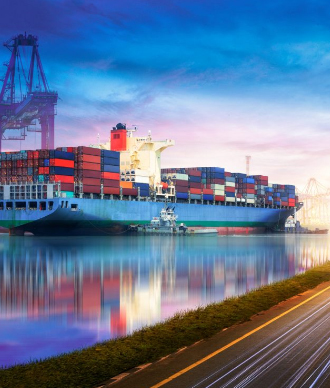Mission
"Empowering Global Commerce Through Trust and Excellence"
General trading refers to the buying and selling of a wide range of goods and services across various industries and markets. It is a versatile and fundamental economic activity that takes place on both a local and global scale. Here are some key aspects and characteristics of general trading:
Diverse Scope: General trading encompasses a broad spectrum of products and services, from consumer goods, raw materials, and machinery to financial instruments, technology, and even intangible services like consulting.
Buyers and Sellers: In general trading, there are typically two main parties involved: buyers, who seek to acquire goods or services, and sellers, who offer these goods or services in exchange for payment. These parties can include individuals, businesses, and governments.




General trading encompasses a broad spectrum of products and services, from consumer goods, raw materials, and machinery to financial instruments, technology, and even intangible services like consulting.
In general trading, there are typically two main parties involved: buyers, who seek to acquire goods or services, and sellers, who offer these goods or services in exchange for payment. These parties can include individuals, businesses, and governments.
Trading can occur in various marketplaces, including physical locations like traditional retail stores, wholesale markets, and specialized industry exhibitions, as well as online platforms such as e-commerce websites and digital marketplaces.
Trading inherently involves risk. Market conditions, competition, economic factors, and unforeseen events can impact the profitability of a trade. Traders must assess and manage these risks while seeking opportunities for reward.
The principles of supply and demand play a crucial role in general trading. When demand for a product or service exceeds its supply, prices tend to rise, and when supply outpaces demand, prices may fall.
Depending on the type of trading activity and location, there may be regulatory requirements and legal considerations to adhere to. These regulations can cover areas such as taxation, consumer protection, and product safety.
Some traders specialize in specific niches or industries, becoming experts in a particular type of product or service. Specialization can help traders gain a competitive advantage.
In today's interconnected world, general trading often extends beyond national borders. International trade involves the exchange of goods and services between countries, subject to international trade agreements and tariffs.
Technology, particularly the internet, has transformed the landscape of general trading. Online marketplaces, digital payment systems, and data analytics have revolutionized how trading is conducted.
Financial trading is a subset of general trading that focuses on assets like stocks, bonds, currencies, and commodities. Participants in financial markets trade these assets to profit from price fluctuations.